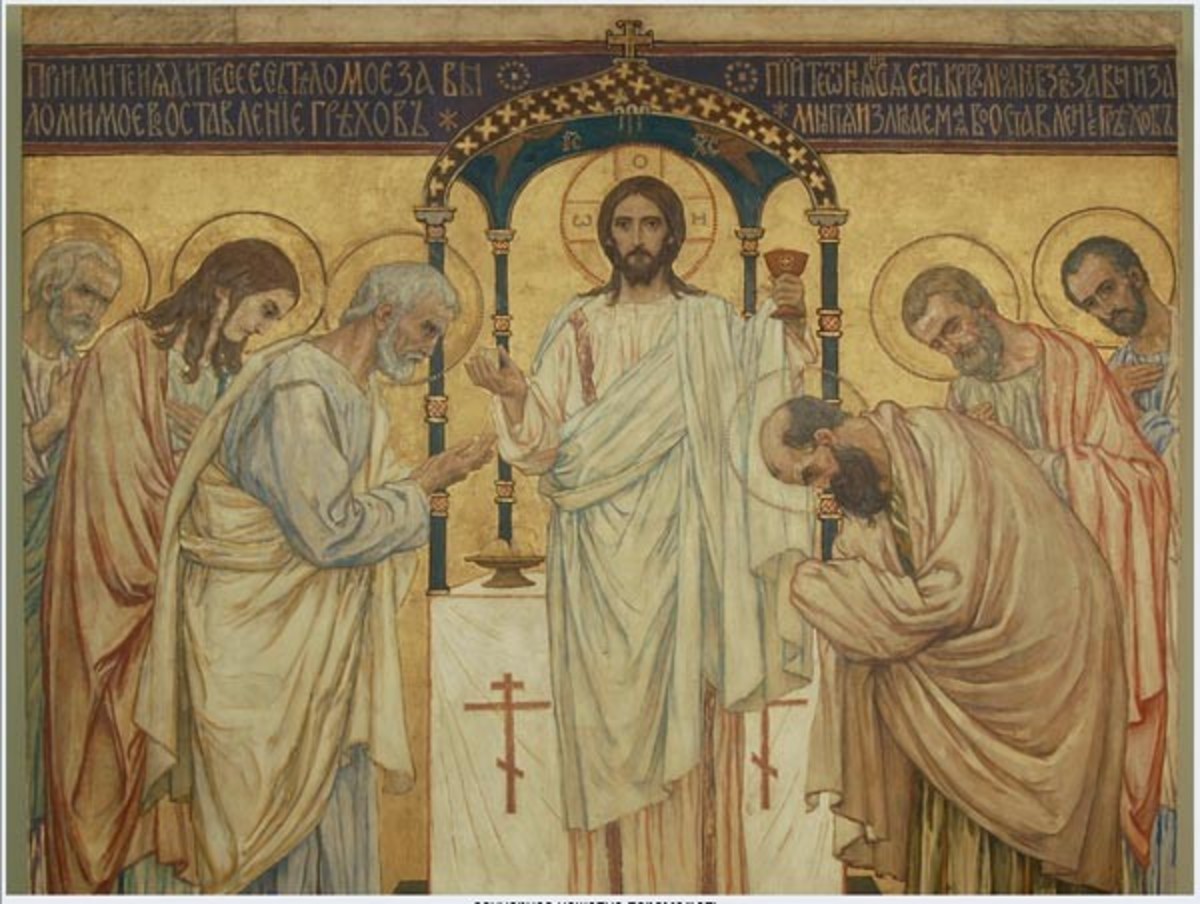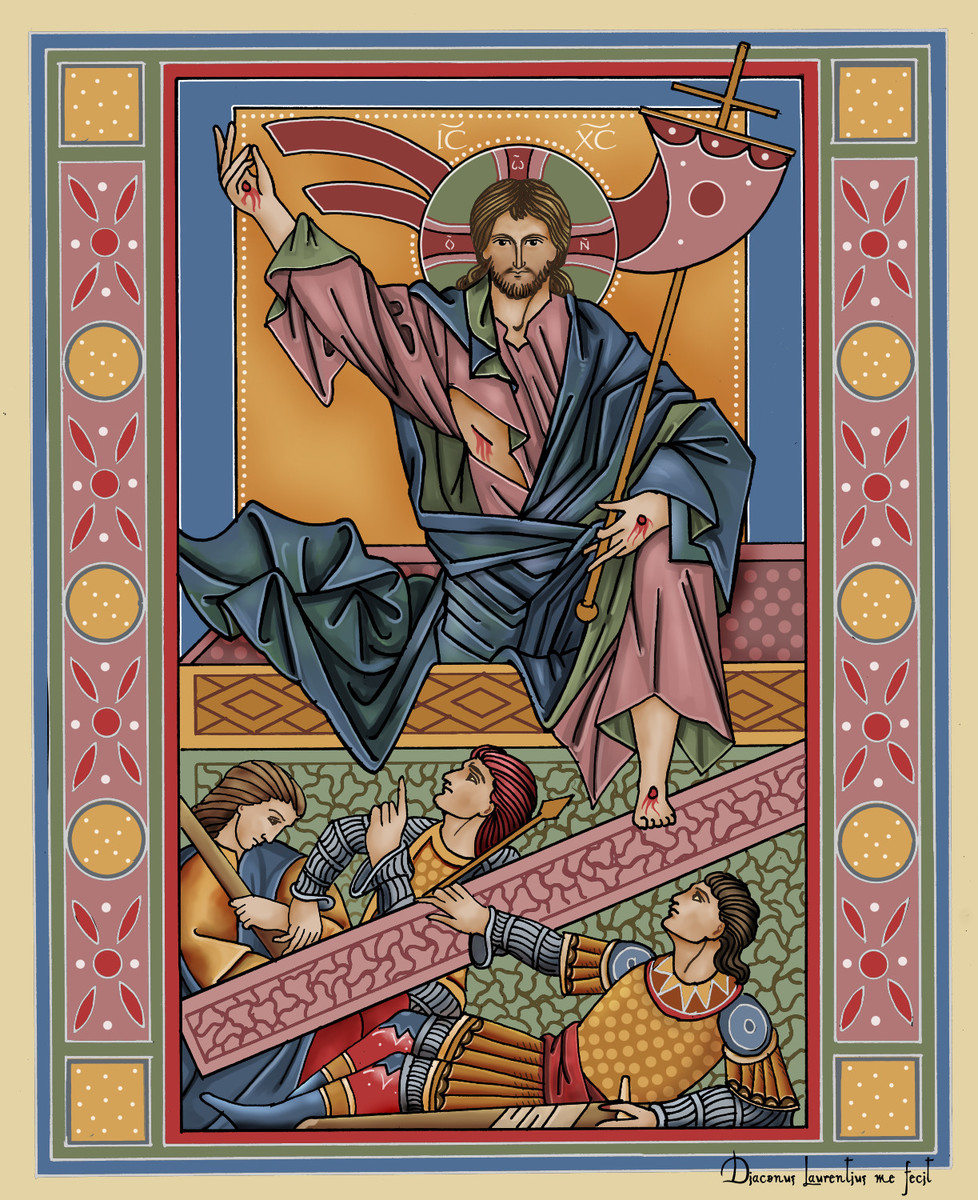"God did not establish a contract with His people, He established a covenant."

Our society is governed in large part by contracts. These contracts may be formal or informal, written or oral, and usually involve an exchange of goods and services. For example if you make an appointment to see a doctor, that is a type of informal contract. If you fail to keep the appointment the contract is broken and the doctor is under no obligation to seek you out and provide his services. Contracts create business.
But covenants are different, covenants create family.
Consider the marriage covenant. It may appear on the surface that two individuals are establishing a covenant between them. But in reality the covenant is between two families. A marriage is much more than two persons beginning a family, a marriage unites the family of the bride and the family of the groom into a single larger family.
God did not establish a contract with His people, He established a covenant. God relates to his people through covenants because we are part of God's family. Covenants create a familial bond so strong it can survive even if one party fails to uphold their end. The history of our relationship with God is a history of covenants. Time after time we have failed to live out our covenantal promises with God. But God does not abandon us. Instead He reaches out to us, to affirm His promises. And with each succeeding covenant, Adam and Eve, Noah, Moses, Abraham, David, His family is enlarged, from a single couple to a great nation and kingdom.
God's first covenant was with our first parents. When they turned away from him that family bond between God and man was weakened but it was not dissolved. In fact God promised, even then, that He would send someone to reestablish the damaged covenantal bond.
Do you remember God's statement to the serpent?
“I will put enmity between you and the woman, and between your seed and her seed;
he shall bruise your head, and you shall bruise his heel." (Genesis 3:15)
This is the first time God promises us a savior who will come to heal our relationship with God that was damaged by our first parents. It is a promise of a New Covenant.
With the previous covenants, God's family was limited by tribe and nation and kingdom. But the New Covenant, established through the sacrifice of Jesus, encompasses the entire world.
Today on the Solemnity of the Most Holy Body and Blood of Christ, we celebrate the fulfillment of the promise God made way back in Genesis. Jesus Christ establishes the new covenant with His body and blood. Jesus gives His body and blood as true food and true drink. This food and drink unites us with God and restores our familial relationship with Him. The very nature of our being is elevated and we become creatures of both flesh and spirit.
The Sacrament of the Eucharist is the center of our faith. It is the source of our salvation.
Pax Vobiscum
The Solemnity of the Most Holy Body and Blood of Christ
Read more at www.DeaconLawrence.org
© Lawrence Klimecki
Purchase fine art prints by Deacon Lawrence here.
Deacon Lawrence draws on ancient Christian tradition to create new contemporary art that seeks to connect the physical and the spiritual.. For more information on original art, prints and commissions, Please visit www.DeaconLawrence.org
Lawrence Klimecki, MSA, is a deacon in the Diocese of Sacramento. He is a public speaker, writer, and artist, reflecting on the intersection of art and faith





